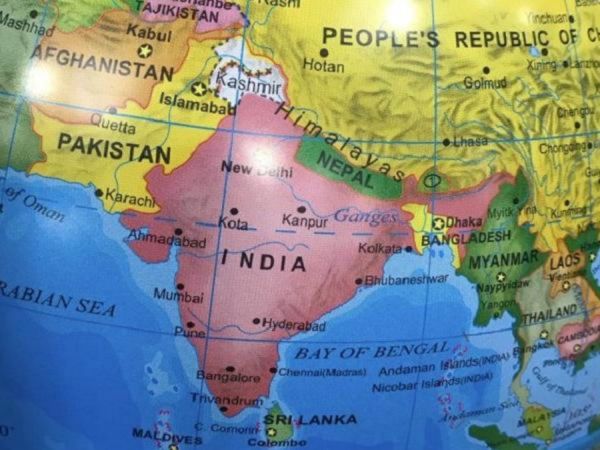1. Bungalow: Patrick Kidd was told as a child it was so-called because they bunged a low roof on it, but actually it just means a Bengal-style house. Baghwallah added: “In British English it means a single storey, small dwelling, whereas on the subcontinent it suggests a grand house. Cot is a similar case: a normal Indian bed is a baby’s crib in British English.”
2. Cushy: from the Urdu for pleasure. Nominated by Ian McRobert.
3. Doolally: from the Indian town of Deolali, which had a military sanatorium. Nominated by Alan Robertson, Elizabeth Wilkins, Elvin Mullinger and Bruce Napier.
4. Juggernaut: originally a huge wagon bearing a Hindu god. Thanks to Robert Boston.
5. Prepone: by analogy with postpone, meaning to bring something earlier in time. “No real British equivalent,” noted Niall Litchfield. This is really an Indian English word, rather than an English word of Indian origin, but I like it.
6. Pukka: genuine, respectable. Hindi pakka, “cooked, ripe, substantial”. The opposite of pukka is cutcha, pointed out Robert Fenner.
7. Punch, as in the drink, because it had five ingredients. I can still count to five in Hindi: ek, do, teen, char, panch.
8. Pundit and guru: “Would a current affairs researcher who excels at finding experts become known as a pundit guru? Maybe I should consult someone with strong opinions on these things, like a guru pundit,” said Alan Robertson.
9. Pyjamas: Urdu pay, leg, and jama, clothing. Thanks to Graham Kirby. Toby Lloyd added dungarees (from Hindi dungri, cloth), and asked: “Why all the trouser synonyms?”
10. Thug: “Originally a member of the cult of Thuggee, robbers and murderers who worshipped the goddess Kali, roaming the country to find and then dedicate victims to her,” said Robert Boston.








